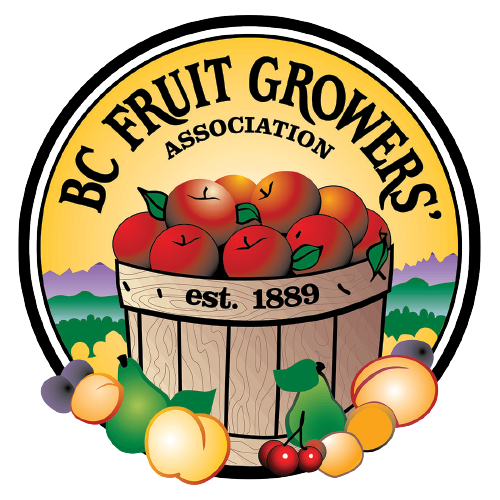The End of Mandatory One-Desk Selling for Export Sales, 1984
The wholesale-retail food trade never liked the setup [one-desk selling] because it prevented them from pitting grower against grower or packing house against packing house to drive prices down. (Malcolm Turnbull in Country Life in British Columbia.)
It would appear to us that the actions taken by the B.C. Marketing Board and the government have decreased the competitive position of all fruit growers in dealing with a strong group of wholesalers. In our view, the Fruit Industry is in a higher than necessary risk position because of those decisions.
(B.C.F.G.A. Brief to the Government of B.C., 1985)
As in the early 1970s, when harsh economic times had overthrown one-desk selling for domestic sales through the B.C.T.F., a similar challenge to one-desk selling for export sales was mounted in the early 1980s. In late 1983, R.H. MacDonald and Sons Ltd., one of the ten member packing houses of the B.C.F.G.A., applied to the B. C. Tree Fruit Marketing Board for an export licence to market outside the aegis of B.C. Tree Fruits Ltd. Over thirty per cent of B.C.’s total crop of apples went to offshore markets and the maverick packing house wanted access to those export sales.
Compulsory one-desk selling of tree fruits was dealt a mortal blow in January, 1984, when, in a landmark decision, the government-appointed British Columbia Marketing Board overruled the B.C. Tree Fruit Marketing Board. The so-called “Super Board” thought “it would be more desirable for several effective export marketing organizations to develop in B.C.” although both B.C. Tree Fruits and the B.C.F.G.A. had pointed out that this would severely disrupt their traditional export markets which were served by long standing buyers and agents in foreign countries. Therefore, R. H. MacDonald & Sons Ltd. of Vernon and seven other shippers were issued export licences. They could now market world-wide with the exception of Taiwan and Britain. From 1984 onwards, all compulsory central selling through B.C. Tree Fruits Ltd. was revoked despite the many reports over the past thirty-five years, including that of a Royal Commission, which had emphasized that central selling was the most effective way of marketing tree fruits grown in British Columbia. One-desk selling of tree fruit through B.C. Tree Fruits was now to be done on a purely voluntary basis by the member packing houses which, as a result, were placed in a position of greater power.
Previously, the independents had concentrated on the lucrative western Canadian market. These opportunity sellers were usually on the domestic market for only a relatively short period per year. Between 1974 and 1984, they had undercut the price umbrella maintained for the good of all by B.C. Tree Fruits, and, because of their lack of overhead expenses, had sometimes netted better returns than B.C.F.G.A. members. This was to change.
The Okanagan Fruit Producers’ and Shippers’ Association, which represented R. H. MacDonald and Sons Ltd. of Vernon and McLean and Fitzpatrick of Kelowna, complained bitterly when B.C. Tree Fruits began playing by the rules of the new open selling game, and accused the marketing agency of cutting prices. The independents, who had called for unrestricted competition, naively expected B.C. Tree Fruits to continue to maintain a price umbrella. B.C. Tree Fruits, however, still stood as a buffer between growers and the price cutting and marketing chaos that had existed before 1939. As noted by Ted Noonan, writing in Country Life in British Columbia:
when the independent prospers, perhaps he should send up a small prayer of thanksgiving that the main industry exists. If it should fail, then there would not be 150 or so independents but more than 2,000, all competing against each other and foreign growers to market their apple crops. . . . Perhaps the independent grower, who revels in his independence, should appreciate that the best friend he has is a strong and successful B.C. Tree Fruits Ltd.-it’s what really keeps him in business.
The termination of one-desk selling for export sales marked the end of an era for the B.C.F.G.A. The challenge of the future would be how to adjust to changes which would affect its organization and markets. In addition, there was a price for the public to pay. The loss of mandatory onedesk selling through B.C. Tree Fruits Ltd. meant that growers would be paid lower prices for their fruit. Therefore, there would be a greater drain on federal and provincial support systems.







